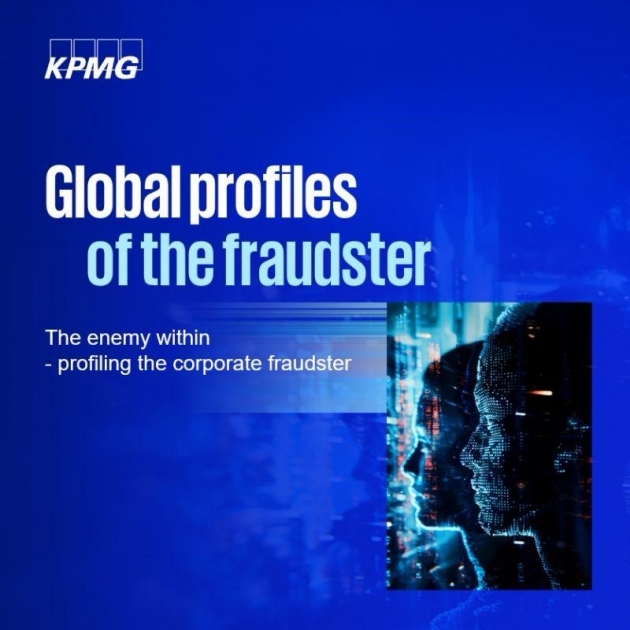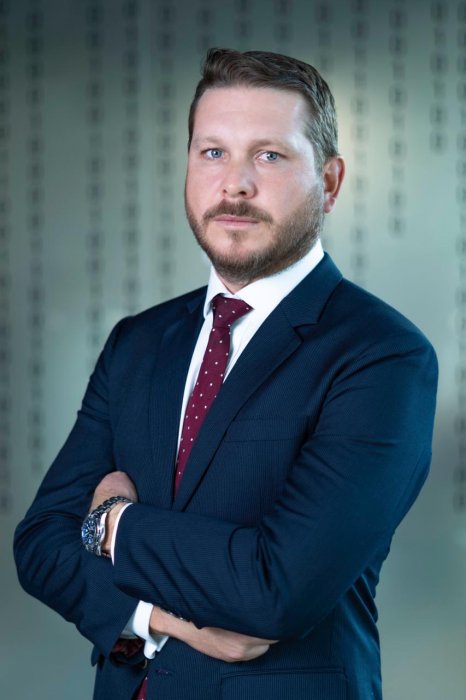
New KPMG Study Emphasizes Need for Robust Internal Controls and Monitoring Systems to Combat Rise in Corporate Fraud in MENA
Financial fraud is becoming a mounting concern across the Middle East. In Saudi Arabia, incidents are increasing by 15% annually, driven by economic transformation, digital integration, and the rapid pace of Vision 2030. Across the wider region, more than 223,000 digital assets remain vulnerable to cyberattacks, pushing information security spending in the Middle East and North Africa to an expected US$ 3.3 billion by 2025.
As regional organizations grow in complexity and connectivity, so do the risks — and many of them are coming from within. This is the core message of Global Profiles of the Fraudster 2025, a new international study released by KPMG that sheds light on the individuals behind corporate fraud worldwide. While the report covers global cases, its findings resonate deeply in the Middle East.
In Saudi Arabia, where public-private partnerships and mega infrastructure investments are surging, the complexity of supply chains and procurement processes has created blind spots that sophisticated insiders exploit. KPMG notes a marked increase in procurement fraud, unauthorized fund transfers, and conflict-of-interest schemes within large organizations — especially in sectors like construction, healthcare, and public services.
Drawing from 256 real-world investigations involving more than 660 perpetrators across multiple countries, the report reveals that the vast majority of corporate fraud is not committed by outsiders or cybercriminals — but by long-serving, respected employees who operate quietly from inside the organization.
According to the global study, the typical fraudster is a man between the ages of 36 and 55, often holding an executive or managerial role, and having been with the company for over six years. These individuals are rarely suspected — they’re often seen as trustworthy and reliable — which is precisely what allows them to exploit internal weaknesses undetected.
The most common type of fraud globally is misappropriation of assets, often in the form of embezzlement or procurement fraud. In over half of the cases, perpetrators worked in groups of two to five people. Most frauds involved losses under US$ 200,000 — but the impact extended far beyond finances, causing reputational damage and internal disruption.
Alarmingly, the report found that in 76% of cases, weak internal controls were the key enabling factor. More than half of the companies affected had no formal anti-fraud systems in place. And in most cases, fraud was uncovered not through internal audits or technology, but through whistleblowers and informal tip-offs — a reminder that culture and communication are just as vital as compliance.
Nicholas Cameron, Partner and Head of Forensic atKPMG Middle East, said: “The MENA region remains a prime target for corporate fraud, drawn by the rapid economic growth, personal wealth, and fast tech adoption. Organizations must proactively strengthen their defenses with advanced analytics, real-time fraud detection, and regular strategy reviews, while fostering transparency and cross-department collaboration to reduce opportunities for collusion.”
While the KPMG report offers global insights, its relevance to Saudi Arabia and the broader Gulf region is clear. As businesses embrace innovation and scale, the need for robust internal safeguards, cross-departmental accountability, and ethical leadership has never been greater.
To read the full report, visit www.kpmg.com
The end.



























